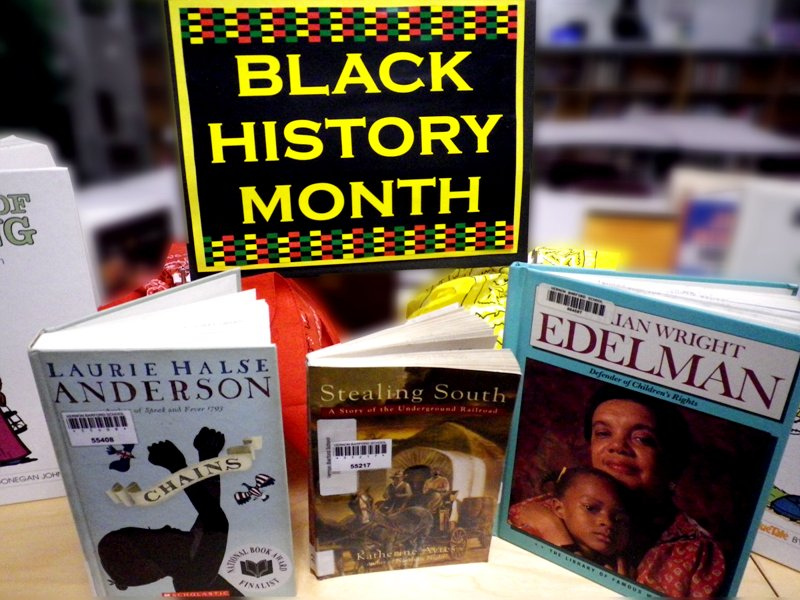Far from the Madding Crowd Theatre Royal 25/11/08
In the first act of this staging of Far from the Madding Crowd, the good-hearted farmer Gabriel Oak proposes marriage to headstrong heroine Bathsheba Everdene by painting a picture of what their marital life could be like: “at home by the fire, whenever you look up, there I shall be – and whenever I look up there will be you.”

As these simple words were said, I heard an elderly gentleman a few rows back from my vantage point tenderly recite those lines from memory. Despite this being mildly disconcerting for those of us seated within earshot, it also reminded me of just how cherished Thomas Hardy’s pastoral tale of love in the Victorian countryside still is.
Whilst the story of a female farmer and her various romantic entanglements sounds comfortably genteel to our generation, it would be wrong to assume that Far From The Madding Crowd is a mere idyll.
The English Touring Theatre’s production commendably did not shy away from depicting the more unsettling events of the plot which Hardy was able to only imply rather than depict in his novel – the death of sad, ruined Fanny Robin was featured in a particularly harrowing labour scene.
Happily, the lighter scenes of rural merrymaking were deftly done and the talents of a choreographer had been put to good use – the extensive cast dancing was a pleasure to behold, as they swirled and stomped whilst a country maid played the fiddle. The producers had put a great deal of thought into effectively evoking the spaces and rituals of country life depicted in the novel, and the result was brilliantly escapist theatre. The set consisted of a lofty arch made of wooden beams which spanned the stage and cleverly evoked the barn, farmhouse and corn market settings which the action is centred around. The program informed me that there were over sixty set changes throughout the entire performance, but these were so seamlessly executed that I barely noticed.
The cast were almost – but not quite – uniformly adept at giving Hardy’s vivid characters the three dimensional life they deserve. The exception was Adam Croasdell’s Sergeant Troy – whilst his incessant posturing was in keeping with the original character, his tendency to prefer an American accent over the West country burr was deeply mystifying. At moments I felt that Mr Croasdell mistook the play he was in for Gone With The Wind, which did lend his performance a certain comedic note. In every other respect, however, he played the dashing coxcomb with great conviction.
Overall this was an imaginative yet faithful adaptation of a substantial novel, and the result was the theatrical equivalent of a lavish BBC classic costume drama.

